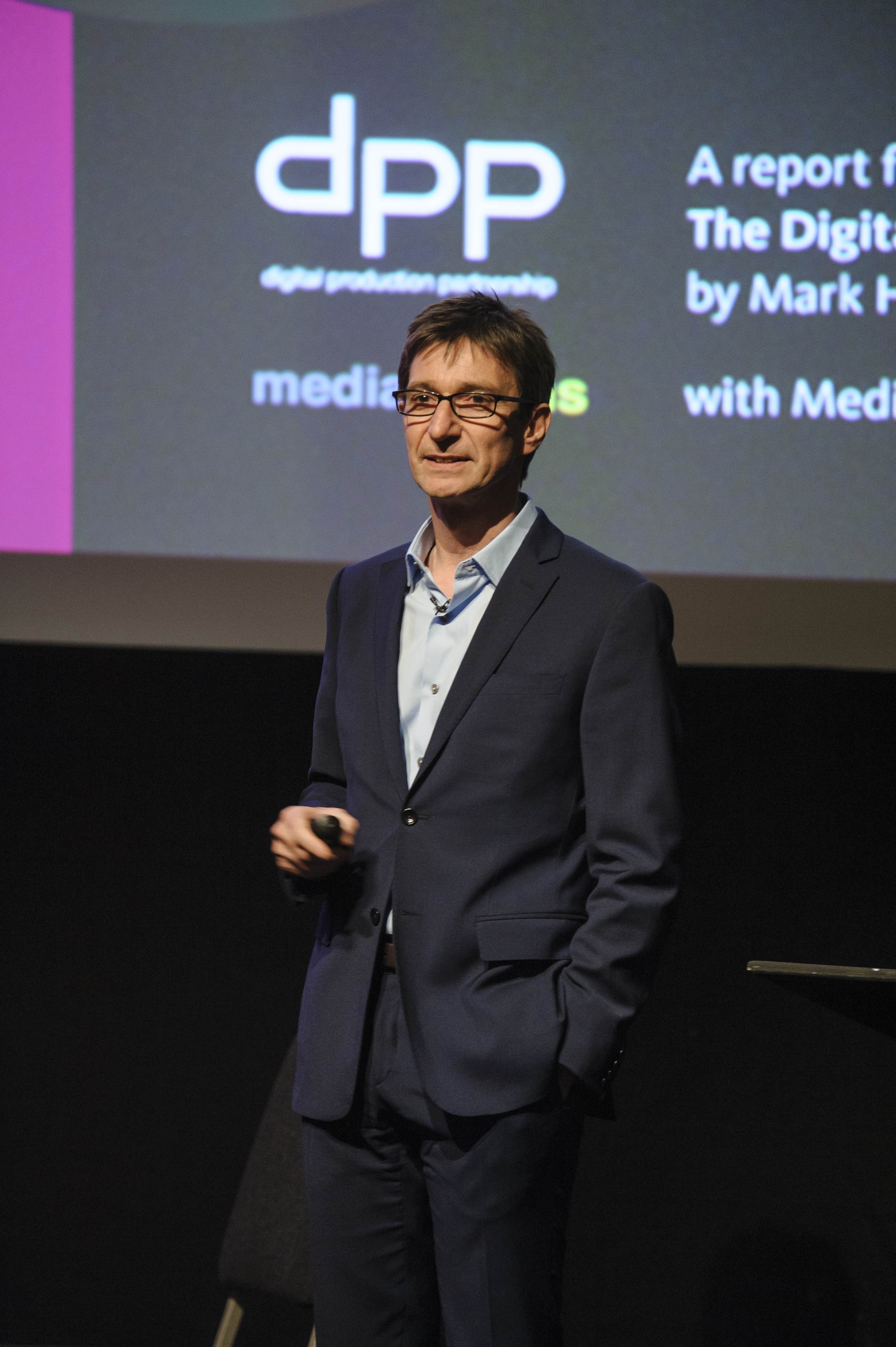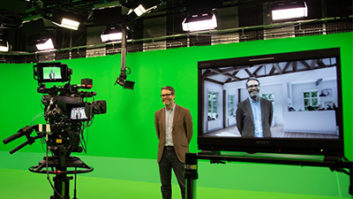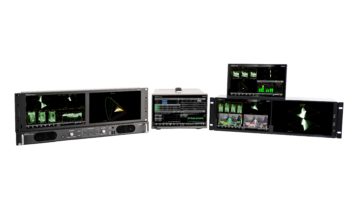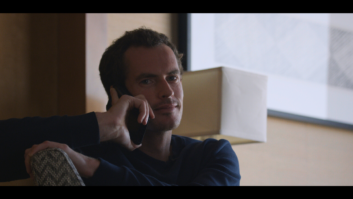
By Mark Harrison, managing director, DPP Ltd
On 18 November 2010 I went paperless. That was the day I got my first iPad, and I made the decision there and then to throw away my Moleskin notebook and to see if I could function in a fully digital working world.
I had a particular reason to challenge myself in this way: I had been tasked with developing ways of working for the BBC’s new production centre in the north of England, and I wanted to ensure I really understood what it meant to work in a way that was mobile, flexible and web-based.
But there was something else. Now that I had stopped being a programme maker, going paperless was the nearest I could get to going tapeless. For all that paper isn’t tape, and chairing a meeting is hardly like directing, I would nonetheless experience some of the same anxieties, have to learn to love metadata, and be forced to use new kinds of virtualised services in a way not that dissimilar to those whose means of production I was busy disrupting.
And then on 1 October 2014 the UK went tapeless. That was the date the Digital Production Partnership announced at IBC2013 as the point by which all UK broadcasters had pledged to take delivery of programmes in file format, to the AS-11 DPP standard.
A year on, file delivery is now normal. Of course, this change doesn’t in itself indicate the end of tape – any more than buying a tablet computer means you’ll stop using pen and paper. But both carry an invitation: they provide a logic for extending your use of digital tools – though without any prior experience of working that way, precisely how you’ll work and what you’ll need are not things you will initially be able to predict.
In short, the intentional consequence both of going paperless and tapeless is to generate unintended consequences. The question is: when you intentionally invite the experience of unintended consequences, can you be sure you’ll get the outcome
you need?
You may feel as if you have just stumbled upon the lecture notes for the Logic module of a Philosophy course from the University of Nonsense. So let me explain.
I’m not a technologist. And from what I can see ‘digital’ isn’t really a technology: it’s a state of mind. It carries a logic to it that is very different from physical media. It suggests mobility, flexibility and simultaneity. It offers direct relationships between systems and devices that invite automation and intelligence.
Mobility, flexibility, simultaneity, automation, machine intelligence: that’s a very long way of spelling ‘unplanned change.’ When I took up my iPad and put down my pen I had no idea precisely which additional tools I would use to replace my paper-based world.
I imagined I’d be able to access everything I needed from anywhere, on different devices; but I didn’t know how. I had an illogically greater anxiety about losing things than I did when I relied upon sheets of paper, but didn’t know how I’d make myself secure.
I suspected I’d be able to perform tasks and create outputs that were different and maybe better, but I didn’t know what or how. So I intentionally embarked upon something the outcome of which I couldn’t quite predict.
What gave me confidence in a good outcome was the knowledge I was one of millions – and there was nothing unusual about my needs. So I could be confident in the knowledge there were many minds at work trying to create and deliver products suited to those needs, within commercial models that would appeal to my pocket.
And this is where the paperless/tapeless analogy carries an important difference. What products and services are required to do in the broadcast TV industry, and what customers require of them, is highly complex and diverse, and the market – when compared to consumer electronics – is much smaller.
So although both customer and supplier are approaching this revolution in the means of production with the same acceptance of unintended consequences, the journey to an outcome that validates the investment of faith and money needs to be undertaken together.
And that, in essence, is what the Digital Production Partnership is here to do for its members: to be the network that harnesses collective intelligence to generate insight, enable change and create market opportunity.
There is a genuine excitement about the whole supply chain working out together what a format that never existed as tape (UHD) really means in a file-based world. IP-based production and broadcasting is like going tapeless all over again. Data analytics has transformed other industries; and we’re waiting for when it’s our turn.
It’s hard to recall a time when we’ve embraced such disruptive change. But that was the intention. It’s OK.







